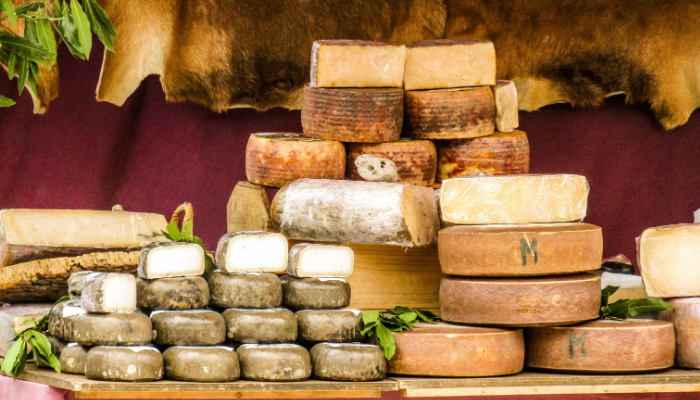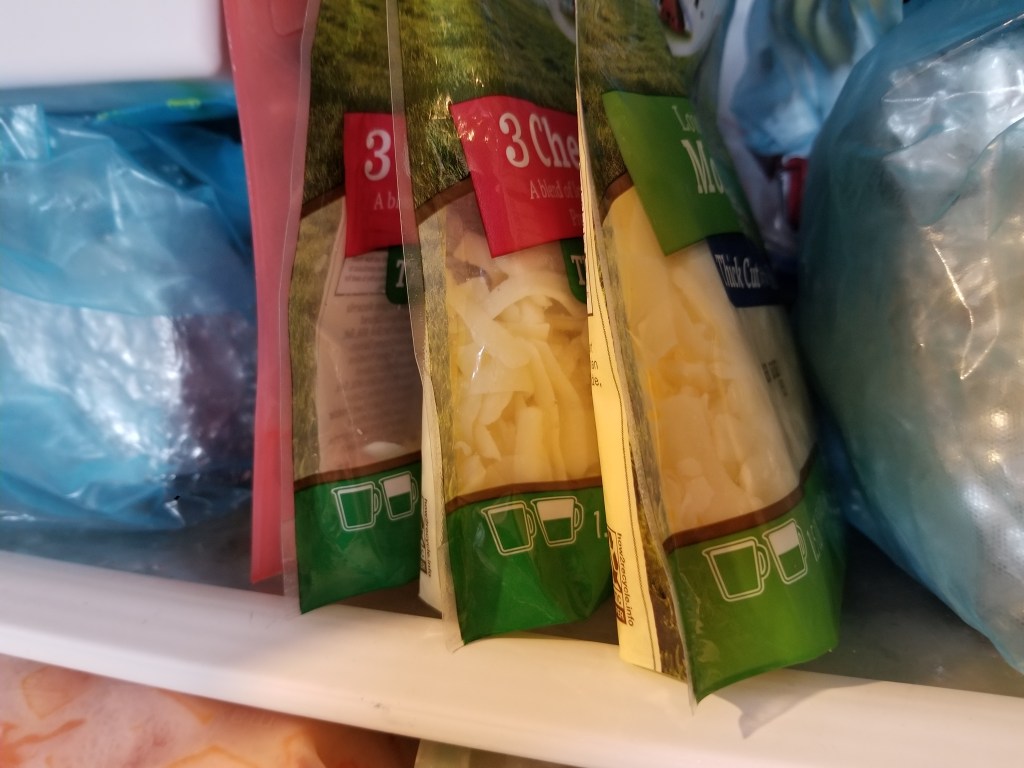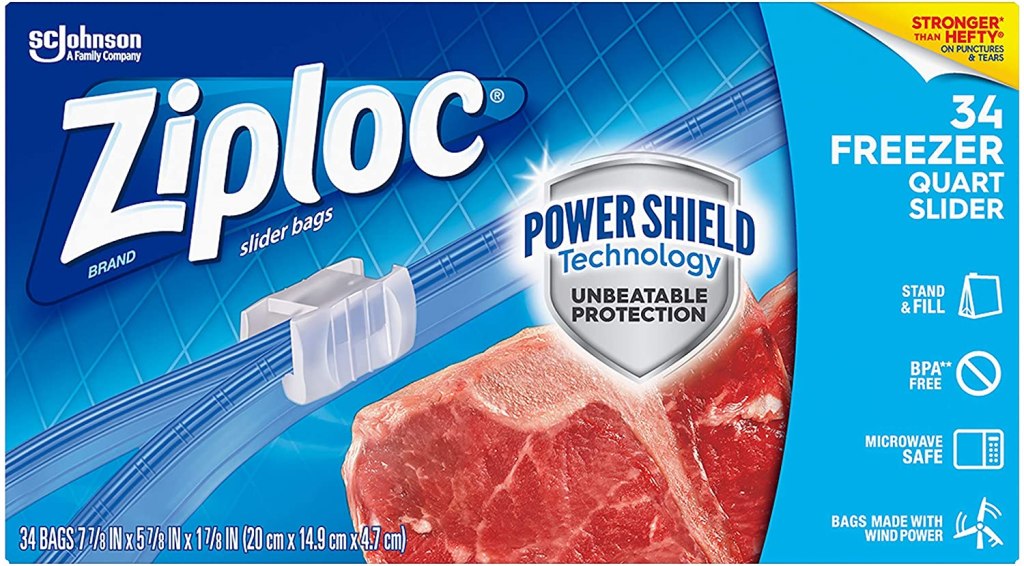Maybe you don't have a problem using up a giant bag of shredded cheese, but if you get to the end of your recipe and still have some left over, you've got a choice to make. Stick it back in the refrigerator and hope you use it up in the freshness window, or pop it in the freezer. But can you freeze cheese? The simple answer is yes, but there are some caveats and things you should know to make freezing cheese work.
Videos by Wide Open Country
Like anything that goes in the freezer, the water in the cheese expands and forms little ice crystals. That process changes the texture of the cheese, which means after thawing, your cheese is going to be more crumbly, gritty or even watery, depending on the type of cheese. So, if you're going to try and freeze cheese, it matters what type of cheese it is.
Which Cheeses to Freeze

Hard cheeses and semi-hard cheeses are the types of cheeses that do better in the freezer. Aged cheddar, Gouda, provolone, part-skim mozzarella, string cheese, feta and Swiss cheese will all freeze well.
The more processed the cheese is, the better it does in the cold, too. You can extend the shelf life of your basic grocery store cheddar without too much damage to quality or texture. Shredded cheese is one of the best cheeses to freeze, as it generally does very well in the freezer (it's how pizza chains do it, so you can, too).
You can freeze cheeses like parmesan and romano, but since they have such a long shelf-life, you probably don't need to worry about making it last longer.
Which Cheeses You Shouldn't Freeze
Soft cheese and fresh cheese will not do well in the freezer. Fresh mozzarella, burrata, Brie, Camembert and goat cheese will all turn watery and grainy in the freezer. Cottage cheese and ricotta will also turn grainy because of how much liquid they contain, but if you're going to use them in baked
It's better not to freeze cream cheese, either. Because it contains a lot of water, it will turn gritty even when you use it in baked goods.
You can technicaly, freeze blue cheese, but the cold will damage the live mold that makes blue cheese distinctive, so it won't taste the same after you defrost it.
How to Freeze Cheese

Sarah Ramsey
The best way to freeze cheese is to leave it in its original packaging, unopened if possible. So if you buy an extra bag of shredded pizza cheese, you can just toss it right in the freezer since the commercial packaging is designed to keep out air and make the cheese last longer on the shelf.
If you're going to freeze something like a block of sharp cheddar cheese, place it in a freezer bag first. If the package is open, wrap the cheese well in aluminum foil or plastic wrap, then place it in a freezer bag. Make sure you get all the air out of the bag before you seal it.
If you plan to freeze deli-sliced cheese, make sure you place a bit of parchment paper between each cheese slice first so that you can pull out a slice at a time and then place the slices of cheese in an airtight container.
If you're going to freeze this dairy product, it's best to use it within three months, though some harder cheeses may be okay for up to six months. It's safe to eat if you leave it in the freezer longer than that, but you risk freezer burn.
How to Defrost and Use Frozen Cheese
Thawed cheese is best when it's part of a dish. You don't want to use it on a cheese tray or snack on a slice of it. Lasagna, pizza, casseroles, grilled cheese sandwich, macaroni and cheese: Basically, anything where the cheese is supposed to melt into the rest of the food can use frozen cheese with no loss of taste or texture.
When you're ready to use your frozen cheese, thaw it in the fridge and use it within a few days. If you're using shredded cheese, though, you don't even have to defrost it, just add it directly to your dish.
This post was originally published on January 15, 2021.






